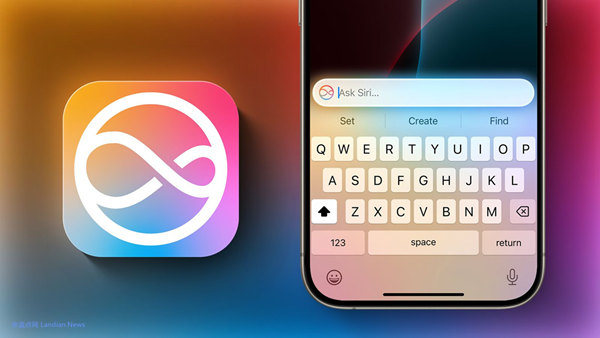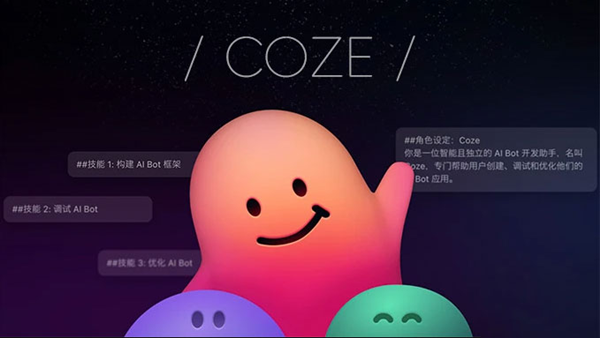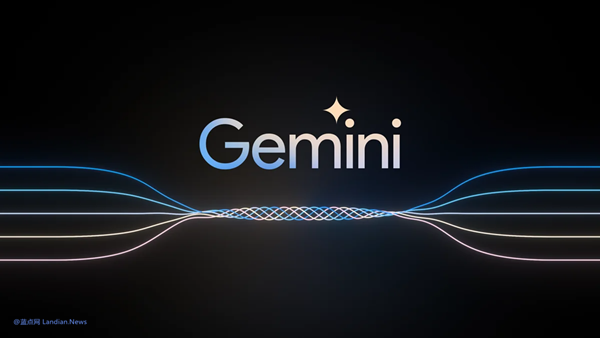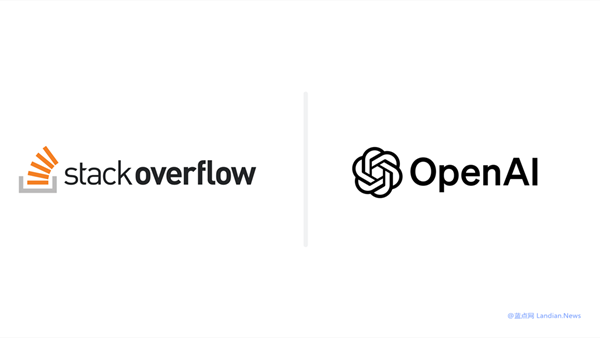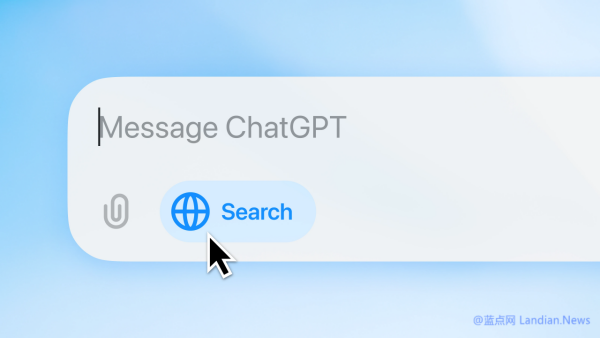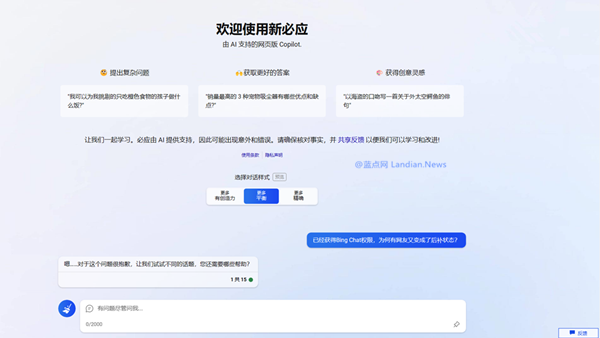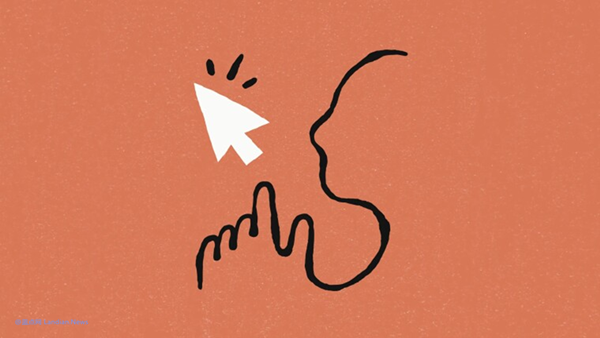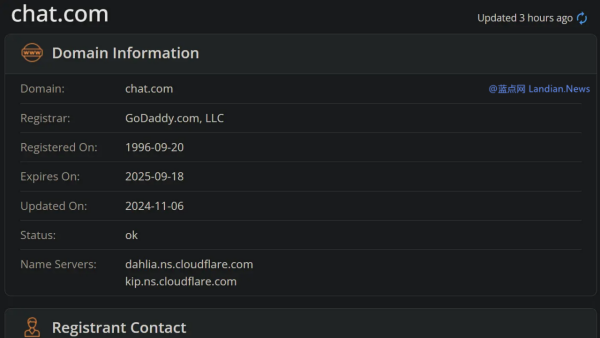OpenAI Launches Video Generation Model Sora with Several Limitations, Including the Requirement to Upload Real Human Photos or Videos
At the beginning of the year, OpenAI showcased its video generation model, Sora, sparking immense interest within the community. However, after its initial reveal, there was a notable silence until the end of the year when OpenAI began rolling out Sora to select users for video generation.
The access to Sora is limited, requiring users to upload real human photos or videos as seeds for generating content. Alongside, OpenAI has implemented strict safety boundaries to mitigate potential misuse.
OpenAI revealed in a blog post that using real human photos or videos as seeds could potentially be an avenue for abuse. To address this, OpenAI is adopting a gradual learning approach to understand early usage patterns and mitigate risks.
If the system detects uploads of real-life artists (e.g., singers and stars), a feature called "prompt rewriting" may be triggered, potentially halting video production. Furthermore, uploads involving minors also activate safety restrictions, with videos depicting minors, sexual content, violence, or self-harm subjected to stricter scrutiny.
All videos generated by Sora are tagged with C2PA metadata, which can be used to identify videos produced by Sora. However, this metadata can be easily altered or removed, making it an optional detection method.
Currently, Sora is only available to a select group of ChatGPT Plus and ChatGPT Pro users to gather usage data. OpenAI plans to gradually expand access by improving safety boundaries based on this data.
Regarding data training, OpenAI stated that Sora was developed using a diverse dataset, including public data, partnerships with data providers, and internally developed custom datasets. Earlier this year, there were reports that OpenAI used YouTube videos for training, which OpenAI's CTO, Mira Murati, did not fully deny in an interview. If done without Google's consent, this could constitute a violation of Google's terms of use.
Finally, Sora is currently available only in select countries and regions. The entire European Union is temporarily excluded due to potential data privacy issues, which OpenAI may need to address before launching in EU markets.

